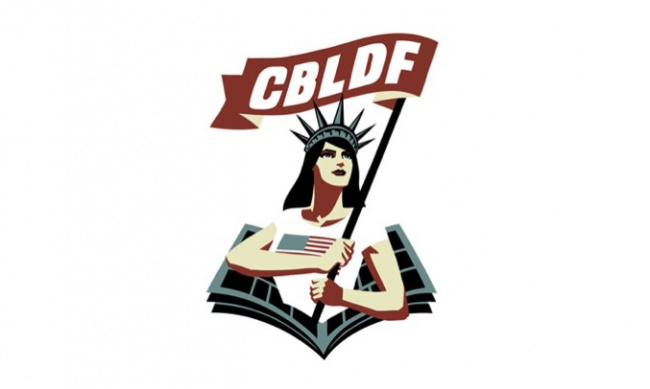The U.S. Court of Appeals for the Fifth Circuit has blocked the state of Texas from enforcing a law that requires vendors to provide content ratings for books sold to schools, saying it will probably be found unconstitutional. This is the second time that a judge has issued an injunction in this case.
In his written opinion, Circuit Judge Don Willett paid particular attention to the arguments made by two bookstores that the law has already hurt their business and that the cost of creating the ratings could put them out of business altogether. Blue Willow Books stated to the court that in the past 5-7 years it had sold over $200,000 worth of books to the Katy Independent School District but that the district has paused all its book buying because of the new law. They also estimated that determining the ratings would cost between $200 and $1,000 per book, and that providing ratings for the books it has already sold to the schools, as required by the law, could run anywhere from $4 million to $500 million, an unsupportable burden for a store with annual sales of about $1 million.
Texas HB 900, also known as the READER Act, requires booksellers to categorize any books they intend to sell to schools as “sexually explicit,” “sexually relevant” or no rating. The law is retroactive, requiring booksellers to also provide ratings for books already sold to the schools, and to recall any books they had previously sold if they were rated “sexually explicit.”
The Comic Book Legal Defense Fund, two bookstores, and several other organizations filed suit challenging the law, and in September 2023, a federal judge issued an injunction stopping enforcement of the ratings requirement while the lawsuit is ongoing (see “Judge Halts Enforcement of Texas Book-Rating Law”). In his written opinion granting the injunction, the judge said the law was likely to be found to violate the First Amendment (see “Judge Declares Texas Book-Rating Law Unconstitutional”). After Texas appealed the injunction, however, another court issued an administrative stay, allowing the law to go forward.
On January 17, 2024, the U.S. Court of Appeals for the Fifth Circuit reinstated the injunction, once again halting enforcement of the law, finding that it was burdensome to booksellers and was likely to be found unconstitutional.
In both opinions, the judges stated that because the booksellers were required to provide the ratings, or lose a significant portion of their business, the state was compelling speech, which is a violation of the First Amendment. Because the law was likely to be found unconstitutional, and because it was already causing harm to the plaintiffs, Judge Willett reinstated the injunction and blocked enforcement of the law while the appeal proceeds in the lower court.

Saying Law 'Likely Violates the First Amendment'
Posted by Brigid Alverson on January 17, 2024 @ 9:20 pm CT
MORE COMICS
Publisher Founded by Former Heavy Metal CEO to Expand with Three Imprints
August 15, 2025
The publisher, founded by former Heavy Metal CEO Michael Medney, will expand with three new imprints.
Madison, Wisconsin on August 10, 2025
August 15, 2025
We visited the large Barnes & Noble store in Madison, Wisconsin on a Sunday afternoon, and found manga and merch displays expanded.
MORE NEWS
'A Villainous Halloween' In-Store Event
August 15, 2025
Wizards of the Coast announced A Villainous Halloween , a new Magic: The Gathering Commander in-store WPN event.
Base Game, Expansions, Accessories
August 15, 2025
Asmodee will release The Witcher: Path of Destiny core game, expansions, and accessory pack.








